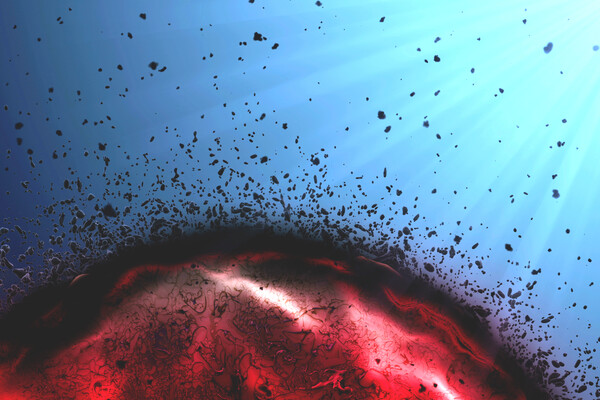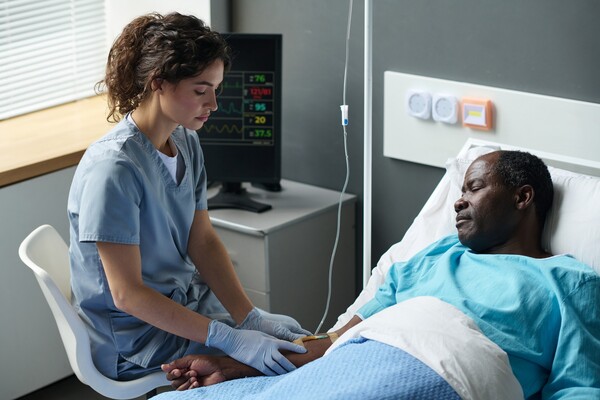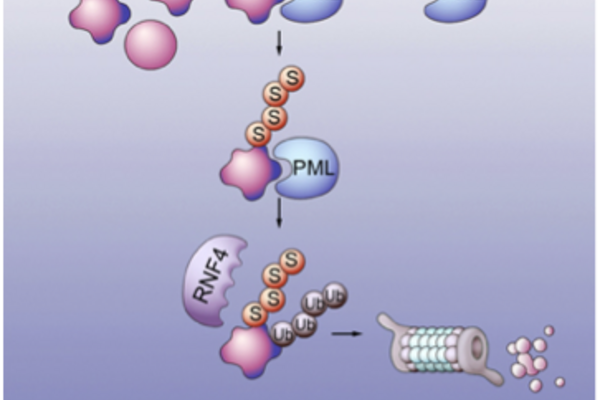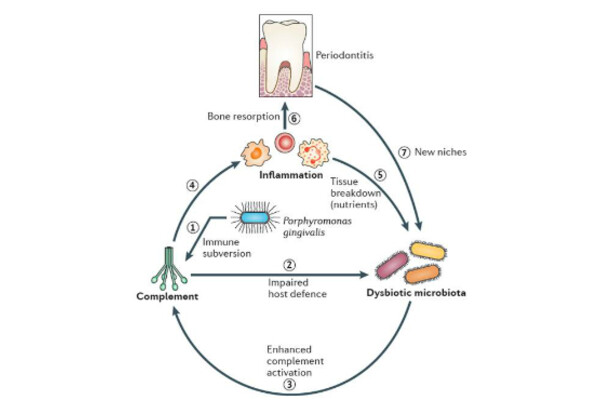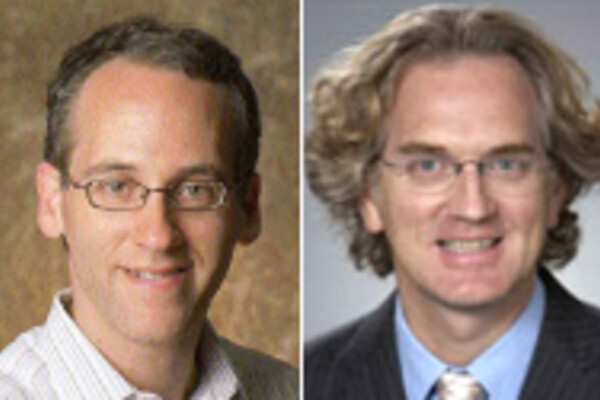1/23
Health Sciences
Penn Medicine Research Reveals Suicides Are Far More Likely to Occur After Midnight
A new study by researchers at Penn Medicine is the first to reveal that suicides are far more likely to occur between midnight and 4 a.m. than during the daytime or evening. The research abstract was published recently in an online supplement of the journal Sleep and will be presented at SLEEP 2014, the 28th annual meeting of the Associated Professional Sleep Societies LLC.
Quality Control: Penn Study Shows How Misfolded Proteins are Selected for Disposal
It’s almost axiomatic that misfolded proteins compromise how cells normally function and cause debilitating human disease, but how these proteins are detected and degraded within the body is not well understood.
Penn Study Highlights Significant Side Effects Experienced by BRCA Mutation Carriers Following Cancer Risk-Reducing Surgical Procedure
The majority of women with cancer causing BRCA1 and BRCA2 mutations experience sexual dysfunction, menopausal symptoms, cognitive and stress issues, and poor sleep following prophylactic removal of their Fallopian tubes and ovaries - a procedure known as risk-reducing salpingo-oophorectomy (RRSO) - according to results of a new study from the Abramson Canc
Penn Study Shows Longest-lasting Cardiology Guidelines Built on Findings of Randomized Controlled Trials
Clinical practice guideline recommendations related to screening and treatment can change markedly over time as new evidence about best practices and clinical outcomes of various treatments emerges.
Penn Medicine: Sex-Specific Changes in Cerebral Blood Flow Begin at Puberty, Penn Study Finds
Puberty is the defining process of adolescent development, beginning a cascade of changes throughout the body, including the brain.
Penn Medicine: Clinical Trials Designed to Block Autophagy in Multiple Cancers Show Promise
In the largest group of results to date, researchers from Penn Medicine’s Abramson Cancer Center and other institutions have shown in clinical trials that the malaria drug hydroxychloroquine (HCQ) blocked autophagy in a host of aggressive cancers—glioblastoma, melanoma, lymphoma and myeloma, renal and colon cancers—and in some cases helped stabilize disea
Penn Medicine's Innovation Grant Program Announces Second Round Winners
The Penn Medicine Center for Health Care Innovation will fund three new initiatives in the second round of its Innovation Grant Program. The program encourages Penn employees and students to submit their ideas for advancing health and health care delivery.
Penn’s Ruth Cowan Elected to American Philosophical Society
The University of Pennsylvania’s Ruth Schwartz Cowan has been elected to the American Philosophical Society. She is professor emerita in the Department of History and Sociology of Science.
Penn Team Identifies Promising New Target for Gum Disease Treatment
Nearly half of all adults in the United States suffer from the gum disease periodontitis, and 8.5 percent have a severe form that can raise the risk of heart disease, diabetes, arthritis and pregnancy complications.
Penn Researchers Show Human Learning Altered by Electrical Stimulation of Dopamine Neurons
Stimulation of a certain population of neurons within the brain can alter the learning process, according to a team of neuroscientists and neurosurgeons at the University of Pennsylvania. A report in the Journal of Neuroscience describes for the first time that human learning can be modified by stimulation of dopamine-containing neurons in a deep brain structure known as the substantia nigra.
In the News
Bird flu suspected in deaths of 200 snow geese in Pennsylvania’s Lehigh Valley
Stephen Cole of the School of Veterinary Medicine says that indoor cats are contracting bird flu through raw pet foods of poultry origin or raw milk products.
FULL STORY →
The surgeon general calls for new warning labels on alcohol—here’s the truth about how it impacts your health
Henry Kranzler of the Perelman School of Medicine says that alcohol’s effects on the brain are observed more readily because it’s the organ of behavior.
FULL STORY →
Tuberculosis rates plunge when families living in poverty get a monthly cash payout
Aaron Richterman of the Perelman School of Medicine says that there are large and underappreciated benefits of cash-transfer programs, such as potentially ending a tuberculosis epidemic.
FULL STORY →
Cancer breakthrough as ‘speckles’ may reveal best treatment
A paper co-authored by PIK Professor Shelley Berger finds that patterns of “speckles” in the heart of tumor cells could help predict how patients with a common form of kidney cancer will respond to treatment options.
FULL STORY →
Scientists are racing to develop a new bird flu vaccine
Drew Weissman and Scott Hensley of the Perelman School of Medicine are testing a vaccine to prevent a strain of H5N1 bird flu in chickens and cattle.
FULL STORY →




